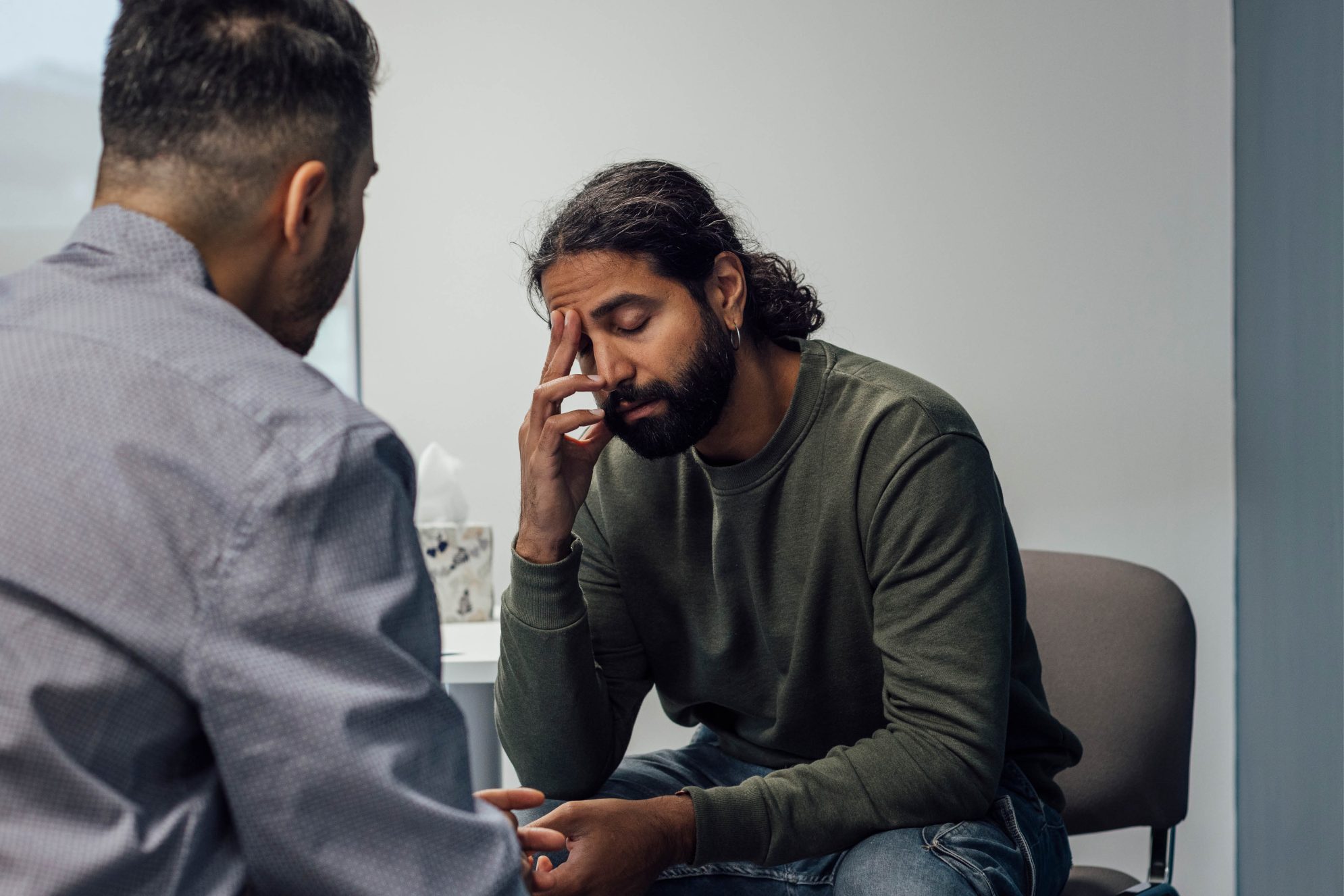
Calling all communicators: the critical role of public engagement in the Men’s Health Strategy
In April, the government launched a consultation to inform England’s first ever Men’s Health Strategy. It’s not hard to see why this has become a priority for the government – men have a much lower life-expectancy than women, are dying in higher numbers from preventable illnesses like cardiovascular disease, and, staggeringly, account for 75% of deaths by suicide.
Part of the government’s Plan for Change, the Men’s Health Strategy has been seeking responses in three key areas – prevention, diagnosis and treatment, and encouragement to come forward. While diagnosis and treatment can be left in the capable hands of clinical experts, in the first and third areas – prevention and encouragement to come forward – it’s clear that NHS communicators will need to play a starring role.
As the government argues, tackling the preventative illnesses cutting men’s lives short will be about finding “the right areas and the right ways to promote healthier behaviours” – like exercising and reducing alcohol intake. In addition to better self-care, men will also need to reach out for help at the early onset of symptoms, something studies suggest they find more difficult than women.
Indeed, while there are biological reasons for why men may face certain inequalities, health professionals believe that it’s their inability to ask for help proactively which is worsening their health. This isn’t to start a blame game – there are a number of reasons why men don’t feel comfortable calling their doctor. As Caroline Lomax, a GP writing for NHS England says, women have much more interaction with the NHS from a young age – whether it’s seeking contraception, going for smear tests from age 25, or accessing maternity services, women typically ‘know their way around’ the NHS. Men, on the other hand, may go years without feeling the need for a GP visit. The Men’s Health Foundation say that “men often delay seeking medical help until conditions have become more advanced and harder to treat – this is thought to be a factor behind men’s high death rates.”
Men may also feel discouraged from asking for help out of shame, with pressures around masculinity particularly impacting their willingness to engage with mental health services. While men account for around three in four suicides, two thirds of all referrals to NHS talking therapies are women.
Therefore, at its heart, this strategy will need to be centred around Tony Blair’s favourite three Es; education, education, education. Men need to feel confident in how and when to use NHS services, and be better informed about the warning signs of poor mental and physical health. But that doesn’t mean communicators are just the messengers – we need to be listening too. As we often tell the public, the NHS works for you, and we need to make services accessible for men from a range of diverse backgrounds and circumstances. The aforementioned government quote sums it up – we need to find the “right areas” (ie locations – both offline and online) and “right ways” (messages and spokespeople) to inform and involve more men.
NHS communicators will know that women often make up the majority in any engagement exercise – but, as the Men’s Health Foundation explains, “there are many places where men are hard to avoid!” They suggest using pubs, bars, football clubs, or even barbers to engage with men. Of course, this might be a somewhat gender normative take, and a blanket approach shouldn’t be taken for all – any campaign must be backed by audience data.
Part of the work to engage men will also be to tackle a hoard of misinformation. With many turning to TikTok for health advice, much of which is inaccurate, and a deluge of toxic masculine ideals which shun mental health being promoted through podcasts, comms teams alone cannot stop the noise. We can, however, try to cut through it. For this, we will need to work with stakeholders to identify the spokespeople to whom men can relate and, crucially, trust. There’s real opportunity – younger generations are becoming more and more interested in leading healthy lifestyles, and self-care is on trend. We just need to amplify the right voices.
As Paul Galdas, Professor of Men’s Health at the University of York, says, men’s health is often referred to as a “silent crisis.” And the data shows that men do suffer in silence – physically and mentally. It’s high time, then, that we started talking.
